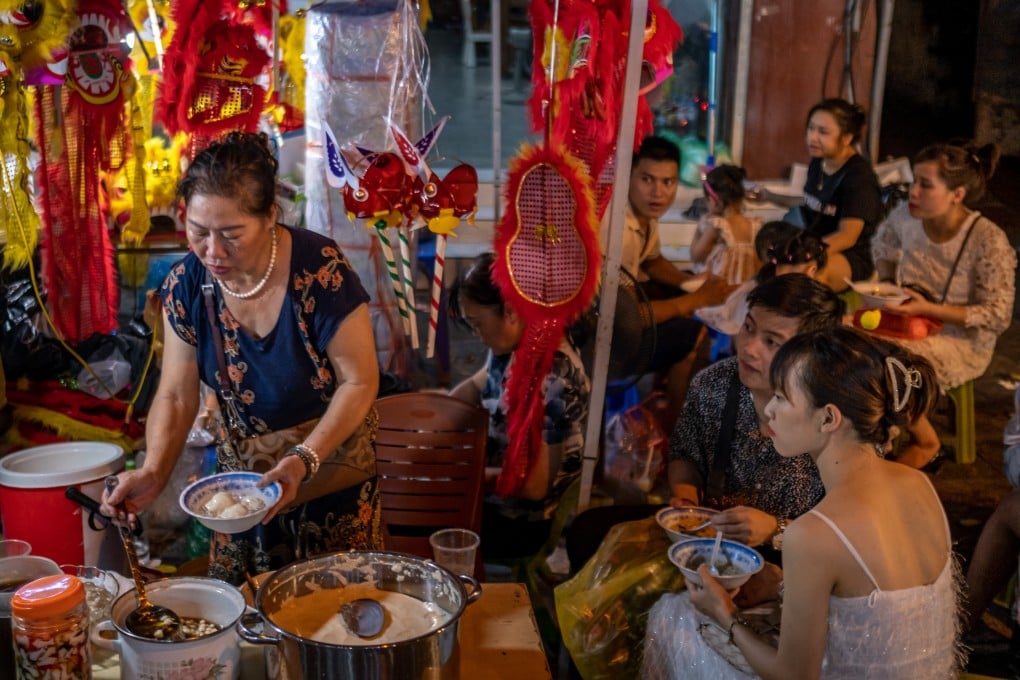Advertisement
In Vietnam, ‘flexers’ tout US degrees, status, wealth as the economy soars. Others barely sleep
- Flexing – slang in Vietnam for bragging – is on the rise, as the economy booms and many young people earn good qualifications and big bucks
- But not everyone is part of the success story, with inequality rising and plenty of people struggling to keep up, let alone soar
Reading Time:4 minutes
Why you can trust SCMP
9

Young, driven and “flexing”, the high achievers riding the upside of Vietnam’s economy are soaring, winning places at the world’s best universities and establishing business empires at home, as their ambition comfortably finds its footing in Southeast Asia’s second-fastest growing economy, behind Malaysia.
Advertisement
Flexing – slang for bragging or khoe khoang in Vietnamese – even has its own Facebook page. Flex to the Last Breath, with 1.4 million followers, offers a window into the successes of young Vietnamese and the aspirations of those desperate to join their ranks.
Lap Le, 18, says he received offers from three Ivy League schools in the United States. “I started studying abroad in the US in middle school. In high school, I had a counsellor who advised me on what to do to get into top pre-med colleges,” he said.
Meanwhile, Le Yen Thanh, founder of a million-dollar smart mobility start-up in Ho Chi Minh City, walked flex fans through his achievements year by year, receiving thousands of positive comments to accompany a nod of recognition by Forbes Under 30.

Vietnam has long been touted as Asia’s next big thing. Its gross domestic product rattled along at 8 per cent in 2022, although World Bank projections for this year have softened to 6.3 per cent.
Advertisement
Its export-led economy waved in a flood of capital seeking a new home as the US-China trade conflict pushed major manufacturers to move some or all of their production capacity from China.

Advertisement